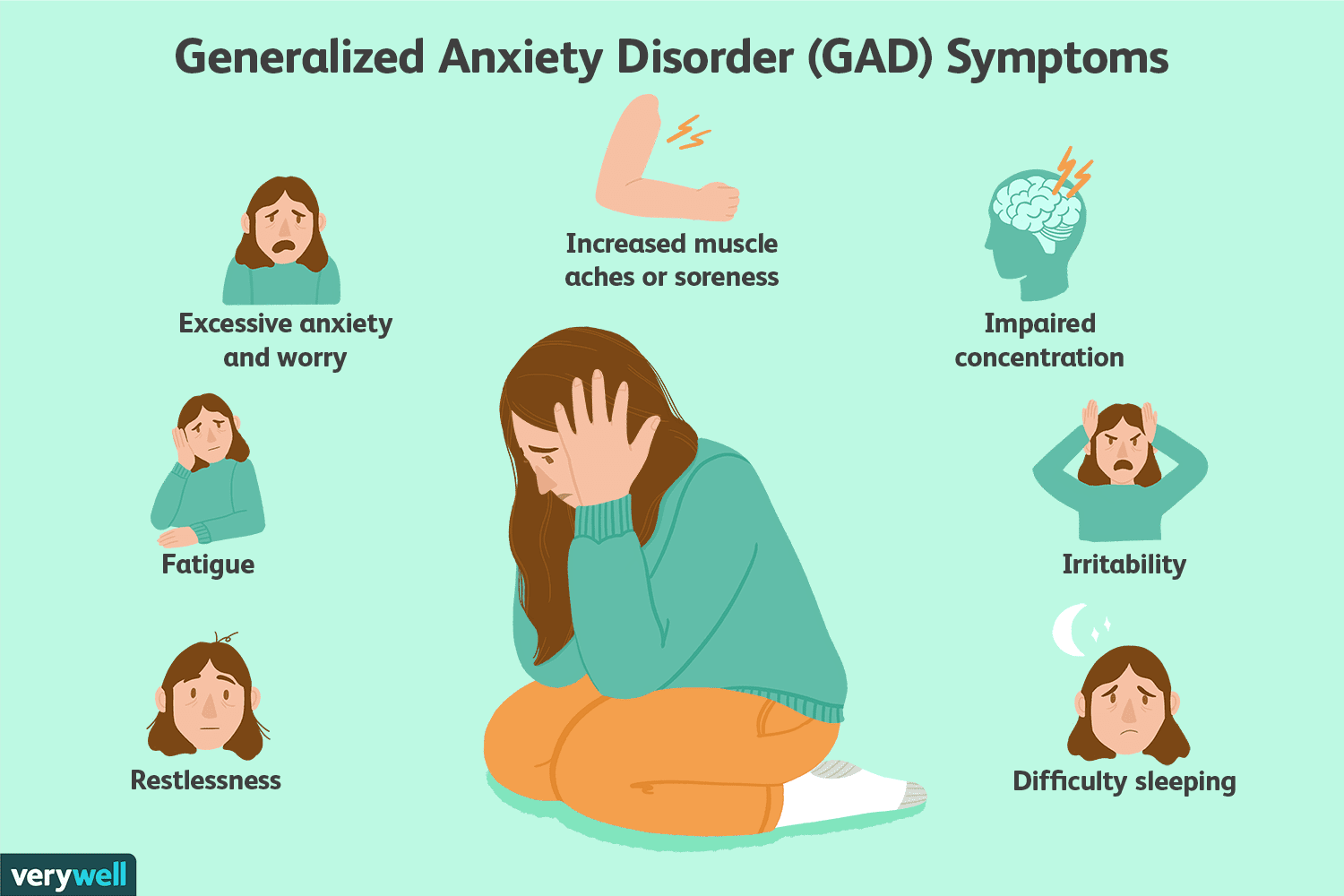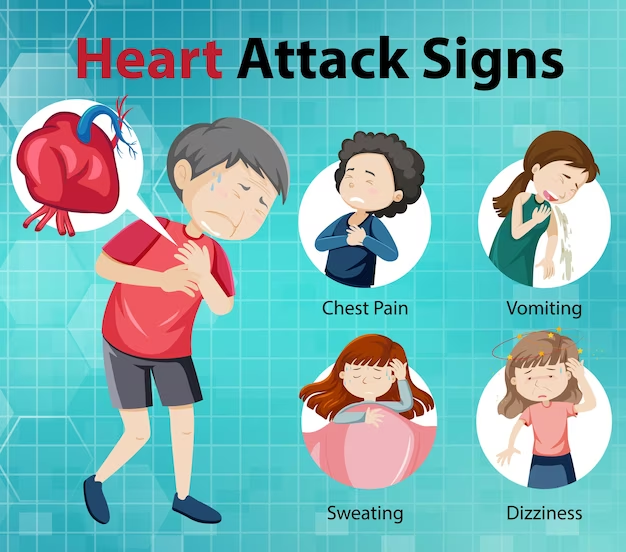Anxeity ,sign ,symptom , management and treatment
Introduction
Anxiety is a normal and often healthy emotion. However, when a person feels disproportionate levels of anxiety, it can become a mental health disorder. Anxiety disorders are the most common mental illness in the United States, affecting 40 million adults age 18 and older, or 18.1% of the population every year. It can be debilitating and impact various aspects of life, including work, relationships, and overall well-being. Understanding the causes, recognizing the signs and symptoms, seeking appropriate treatment, and taking necessary precautions are essential in managing anxiety effectively.
Causes of Anxiety
The exact causes of anxiety disorders are unknown, but there are a number of factors that may contribute to their development, including:
- Genetics: Anxiety disorders can run in families, suggesting that there may be a genetic component to these conditions.
- Brain chemistry: People with anxiety disorders may have imbalances in certain brain chemicals, such as serotonin and norepinephrine.
- Life experiences: Traumatic or stressful life events, such as childhood abuse or neglect, can increase the risk of developing an anxiety disorder.
- Medical conditions: Some medical conditions, such as thyroid problems or heart disease, can also cause anxiety symptoms.
- Personality traits and coping mechanisms.
Signs and Symptoms of Anxiety:
- Irritability or feeling on edge.
- Fatigue and disturbed sleep patterns.
- Muscle tension and physical discomfort.
- Panic attacks or sudden surges of fear.
- difficult concentrating or thinking clearly.
- avoidance of situation that trigger anxiety.
- change in appetite and sleep problem.
Treatment for Anxiety
There are a number of effective treatments for anxiety disorders, including:
Medication: Antidepressants, such as selective serotonin reuptake inhibitors (SSRIs), are often used to treat anxiety disorders.
Cognitive behavioral therapy (CBT):** CBT is a type of therapy that helps people to change the way they think and behave in response to anxiety.
Other therapies:
- Relaxation techniques, including deep breathing and meditation
- Support groups or counseling to share experiences and coping strategies.
- Exercise and physical activity to reduce stress and promote overall well-being.
Precautions for Anxiety
There are a number of things that people can do to help prevent or manage anxiety, including:
- Get enough sleep: Getting enough sleep can help to reduce stress and anxiety levels.
- Exercise regularly: Exercise is a great way to reduce stress and improve overall mood.
- Eat a healthy diet: Eating a healthy diet can help to improve overall health and well-being.
- Avoid caffeine and alcohol: Caffeine and alcohol can worsen anxiety symptoms.
- Learn relaxation techniques: Relaxation techniques, such as deep breathing and meditation, can help to reduce anxiety levels.
- Seek professional help: If anxiety is severe or causing significant distress, it is important to seek professional help.
Remember, anxiety is a treatable condition, and seeking support from friends, family, or mental health professionals can make a significant difference in overcoming it. By recognizing the causes, symptoms, and available treatment options, along with taking necessary precautions, individuals can regain control over their lives and find effective ways to cope with anxiety. Always remember that you are not alone, and seeking help is a sign of strength, not weakness.





Comments
Post a Comment